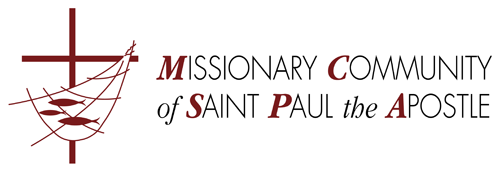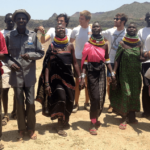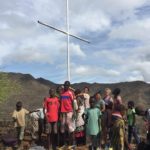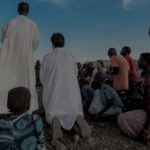Today is the World’s Children Day. In Ethiopia, as well as most African countries, it is a very important day because there is still a long way to go before children’s rights are truly achieved. It is also important to keep in mind that the girl-child are at a disadvantage as compared to boys. It is important to recognize that girls also have the right to study, to be trained, to decide what they want to be in their lives and also to decide with whom to share it.
In Ethiopia the girl is the housekeeper, the eldest sister, the cook, the water carrier and also the carrier of wood, most of the times so much that the two thin legs below the bunch of heavy sticks on her back seem they are going to break.
Because of being a girl she will do it barefooted, unlike a boy who would have the advantage to get some shoes.
Because of being a girl a man will choose her as his wife, never the other way round.
Furthermore, because of all these duties she may never go to school. We are also facing the fact that if they want to study, many girls have to move to larger villages or towns and work as servants for families in return for accommodation. This fact makes them spend more time working than studying at school. Sometimes this situation leads to power and/or sexual abuse causing unwanted pregnancies.
Ethiopian society expects their girls to be complacent, obedient and helpful, but we expect much more from them. From the Missionary Community of Saint Paul Apostle we believe that in the future these girls should have a say in this country too. 93% of Ethiopian girls are studying Primary Education, although more than half above the age of 15 years are still illiterate.
Due to these staggering figures, in 2016 we built a Home exclusively for girls in Muketurri so that they can continue their Secondary Studies and can give up being servants.
In Maite Iglesias Home we want to empower the girls who are studying now. In addition to be a home for them, it is also a meeting place where everybody can share their opinions, read books because there is a library, work and contribute to a lot of things. We want to make them aware that they are the society’s engine.
It is true that in this country more and more girls start going to school and women start working. However you can still see certain old practices, such as female genital mutilation or arranged marriages, which are not eradicated yet.
So, most of our efforts are focused on small villages. We are sure that Ethiopian girls will manage to rule their own life without our help. They must try to succeed in changing their world all together.
Sofía garcía- Ramos Fojón (Popy)
Psychologist and technician of international cooperation






